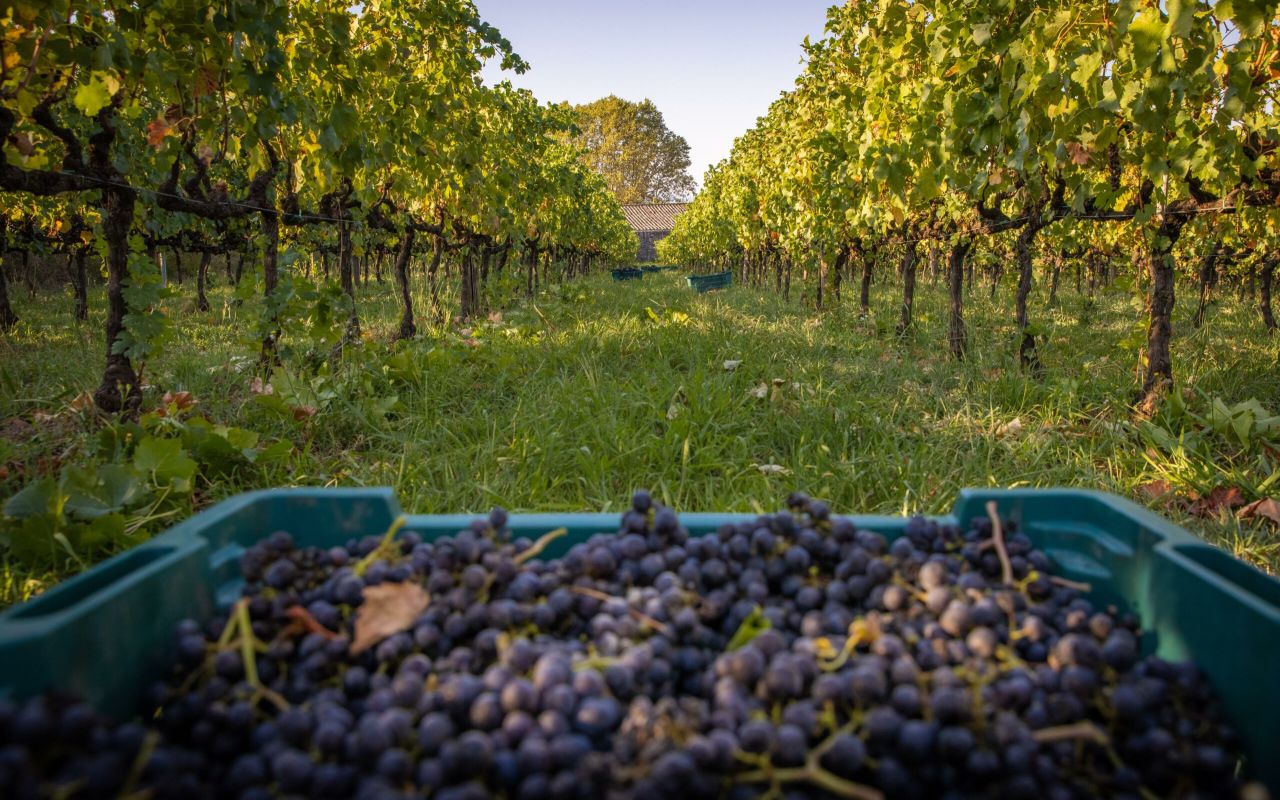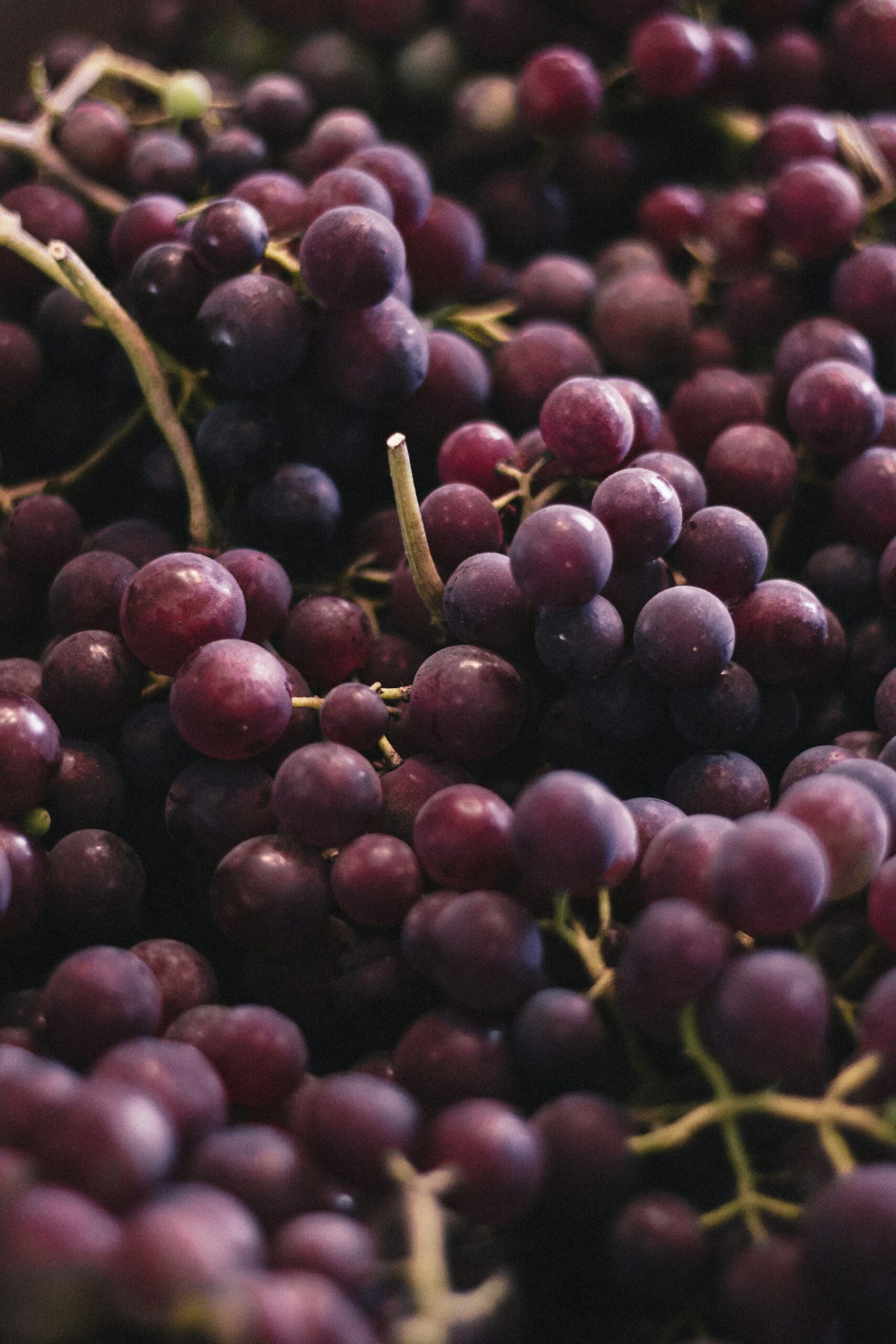
The importance of organic certification
In a market increasingly attentive to environmental sustainability and product quality, organic certification represents a fundamental guarantee for those who choose to produce and consume wine and oil consciously. For our part, the choice to obtain and maintain the bio certification did not derive from a regulatory requirement, but from a commitment to the land, health and tradition.
What is organic certification for wine grapes?
The organic certification of the European Union, regulated by Regulation (EU) 2018/848, defines a set of criteria that producers must respect to obtain and maintain the "organic" mark. When speaking of grapes for winemaking, this implies:
- cultivation without pesticides or synthetic chemical fertilizers
- crop rotations and agricultural techniques that promote soil fertility
- use of resistant varieties and natural methods for pest control
- protection of biodiversity and respect for natural cycles
Only farms that strictly comply with these criteria can obtain the ICEA bio certification, one of the most authoritative bodies in Italy.
Why choose a certified organic wine?
The certification of organic grapes has a direct impact not only on the environment, but also on the final quality of the wine. A wine made from certified organic grapes:
- reflects the authentic characteristics of the terroir, without artificial alterations
- it is healthier, thanks to the absence of chemical residues
- respect the sustainable supply chain and transparent, from the vineyard to the bottle
Organic wine: does it really change the taste?
Many wonder if an organic wine tastes different than a wine made by conventional methods. The answer is: yes, and for the better, but with nuances to know.
Organic wine tends to:
- express the territory from which it comes more directly, thanks to the absence of chemical correctives that mask its aromatic profile
- offer cleaner and more natural notes, with greater freshness and vitality, especially in young wines
- evolve in the bottle with greater authenticity, keeping the characteristics of the grapes intact
In general, taste can be less standardized, but more recognizable and identity. An organic wine is not just an ethical choice, but a sensory discovery that tells the story of the vineyard, the climate and the producer's work with more sincerity.

Organic oil
The choice of organic does not only concern the vineyards: in fact, ours extra virgin olive oil is also certified organic. The olives are grown in our olive groves without the use of pesticides or chemical fertilizers, harvested at the right level of ripeness and cold pressed within a few hours.
The result is an oil that:
- preserve all the typical aromas of Tuscan cultivars, with herbaceous notes and a natural balance between bitter and spicy
- it is rich in polyphenols, natural antioxidants that contribute to well-being
- respects biodiversity and soil life cycle
For us, organic oil is an extension of the same philosophy that guides wine production: care, authenticity and respect for nature.
Badiola: a concrete commitment to organic farming
The La Badiola agricultural company has chosen organic certification as an expression of ethical and responsible agriculture. Our vineyards follow organic agronomic practices recognized by ICEA and every year we subject our plots to the controls required by the European specifications to guarantee maximum transparency.
